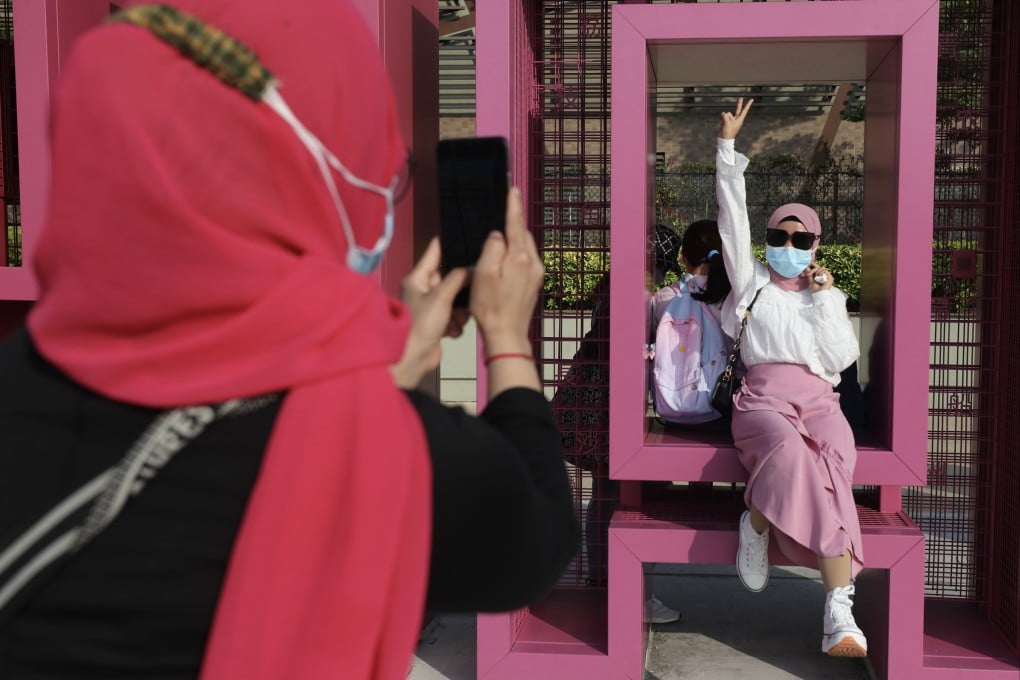Letters | Hong Kong should uphold Muslim women’s right to wear the hijab
- Readers discuss the importance of the freedom of religion in a cosmopolitan city, the need for sensible rules to reduce plastic waste, and the ICC’s demand for accountability in Gaza war

Employers might incorrectly view the hijab as incompatible with professional norms, leading them to discriminate against qualified candidates. This denies opportunities to talented individuals and robs Hong Kong of the diverse perspectives and skills minority communities can contribute.
Article 32 of the Basic Law states that Hong Kong residents have freedom of conscience, freedom of religious belief and freedom to preach, conduct and participate in religious activities in public. The Hong Kong Bill of Rights Ordinance incorporates the religious freedom protections of the International Covenant on Civil and Political Rights.
Wearing the hijab should be considered an essential religious practice for Muslim women. Banning it would be an unconstitutional violation of their right to freely profess and practise their faith. The freedom of religion guaranteed by the Basic Law should extend to Muslim women’s choice to wear the hijab.
